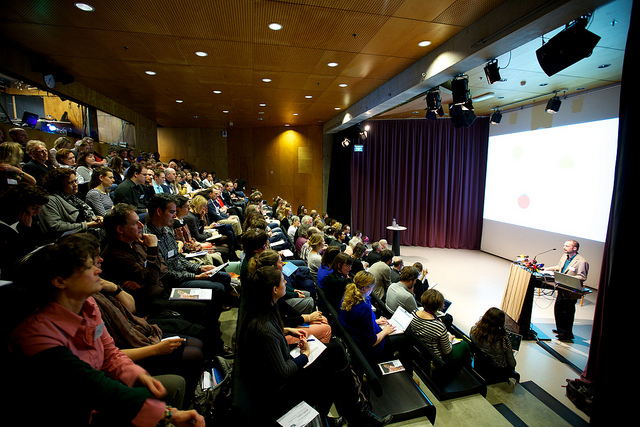
WHY A GOOD STORY ISN’T SCIENCE
“Another negative result – I can’t believe it!” I grumbled. As a graduate student in biomedical sciences, my search for new candidates for genes involved in a certain form of cancer had turned out empty yet again. My supervisor smiled “That’s why they call it re-search: because you have to search again and again and again!”
I was reminded of that a few years later, trying to develop new methods for the early detection of colon cancer – I had devised several approaches to find typical mutations, all of them quite clever, if I say so myself, and all of them worked splendidly – on paper. In reality, no matter how ingenious and compelling the rationale was, no matter how great a story they made, they had one fundamental flaw – they were just plain wrong.
Anyone who has been engaged in research for a substantial timeframe probably knows this frustration – but what about those who don’t? And what about those who simply can’t get used to it? In Greek mythology, there is the tale of the sculptor Pygmalion who falls in love with the statue he created and becomes incapable of loving any other woman. The Goddess of Love, Aphrodite, turns the statue into a woman. In the real world, of course, such prayers are usually left unanswered.